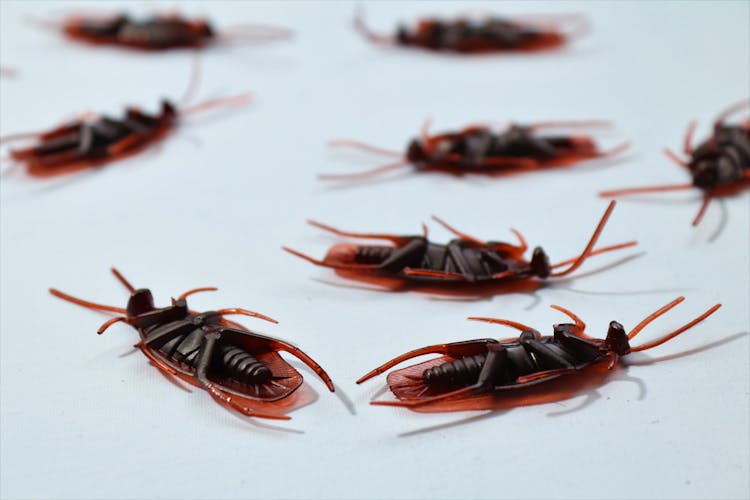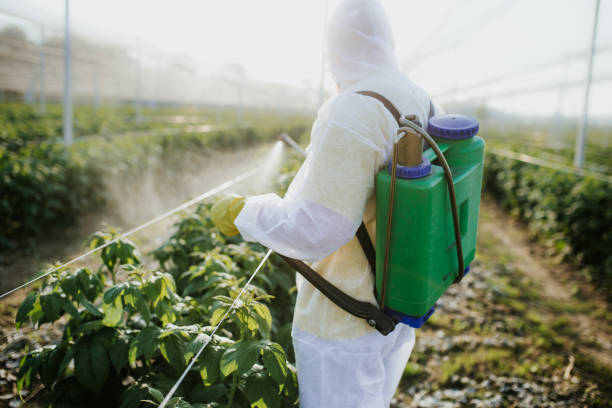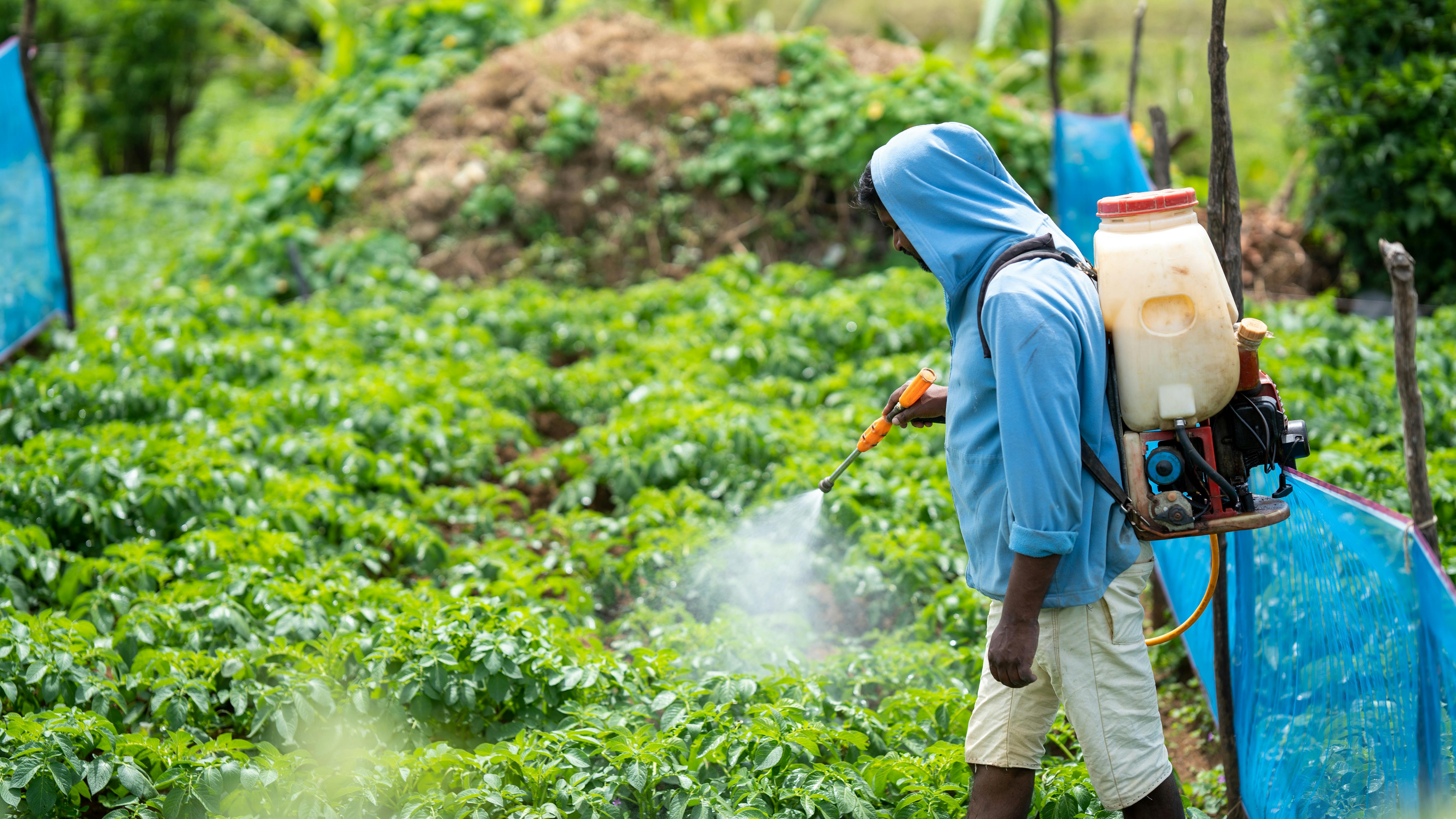All Categories
Featured
Table of Contents

Pesticides, created to control unwanted organisms in agriculture, often impact other aspects of the ecosystem. The consequences for biodiversity and ecosystem health can be profound and far-reaching.
Research into the consequences of agricultural chemicals on ecosystems has consistently shown negative outcomes. Both terrestrial and aquatic life forms have all been affected, with issues ranging from habitat disruption to physiological impairments.
One of the most concerning phenomena linked to pesticide exposure is the decline in bee populations. Bees, crucial for pollination and thus global food production, have been showing up in fewer numbers, with their navigational abilities impaired. This decline not only threatens agricultural output but also the natural processes that maintain biodiversity.

How Pesticides Threaten the Survival of Wildlife
The direct and indirect impacts of pesticides can lead to toxic outcomes, leading to mortality or persisting health complications. For example, insecticides meant to target pests like locusts and mosquitoes can also kill non-target insects such as butterflies and dragonflies, disrupting ecological balance.

Aquatic systems are particularly vulnerable. Pesticides can wash into streams, rivers, and oceans, affecting fish, amphibians, and the invertebrates that form the foundation of aquatic food webs. Learn About Pesticide Impacts on Stream Fauna - $46.30
Amphibians, whose permeable skin makes them particularly vulnerable to pollutants, are notably impacted by pesticide pollution. Studies show that exposure to even low levels of pesticides in water can lead to deformities, reproductive failures, and immune system dysfunction in amphibians.
Economic Considerations Linked to Pesticide Use and Wildlife Health
The economic implications of pesticide use extend beyond the immediate costs of purchasing and applying these chemicals. Pesticide Impact on Wildlife Populations Loss of crucial pollinators like bees can result in lower agricultural productivity, pushing up prices and destabilizing supply chains.
Furthermore, wildlife tourism, which plays a crucial economic role in some areas, can be adversely impacted by the loss of biodiversity due to pesticides. Areas renowned for their natural beauty and diverse species may see a decrease in tourist numbers if the local wildlife is decimated.

Adopting Organic Practices to Safeguard Biodiversity
Switching to organic farming practices represents a feasible solution to the adverse impacts of conventional pesticides. Organic systems, which rely on natural substances instead of artificial inputs, help to preserve biodiversity and encourage healthier wildlife populations.
Moreover, organic farming improves the quality of soil and its capacity to retain water, which not only benefits the microorganisms within the soil but also aids in the healthier development of plants. These improvements in habitat quality directly contribute to the wellbeing of wildlife.
By reducing the dependency on harmful pesticides, organic farming can create a more sustainable agriculture that supports wildlife. Such practices not only alleviate the adverse effects associated with traditional agriculture but also promote general ecological health.
Latest Posts
Efficient Managed Services for Any IT Requirement
The Bioactive Powerhouses in Herbal Teas
Regular HVAC Maintenance and Tune-Ups